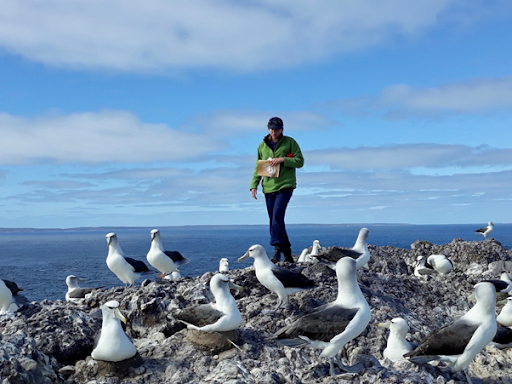
The Shy Albatross - An Interview with Claire Mason
In grade 9 biology, I wrote a research report on the behaviour of albatross – a bird I had never heard of before but was intrigued by because they looked like my pet ducks. I was absolutely blown away by them! I headed off to the big smoke (Brisbane) to study environmental science when I was 17. After a lot of study, some persistent nagging, and with bucket-loads of guidance and support from great scientists and people, I am now coming to the end of my PhD studying a threatened Australian species, the shy albatross.

Is the Ocean our Toilet?: E. Coli threatening Australian Sea Lions with Mariel Fulham
I first came in contact with Mariel Fulham through my piece called “Fire Retardant Fur Seals: A Team Interview”. She was involved in a project that detected the level of fire retardant chemicals in three pinniped species of southern Australia. One of these species, the Australian Sea Lion (N. cinerea) is endangered AND endemic with only ~6,500 breeding adults remaining.
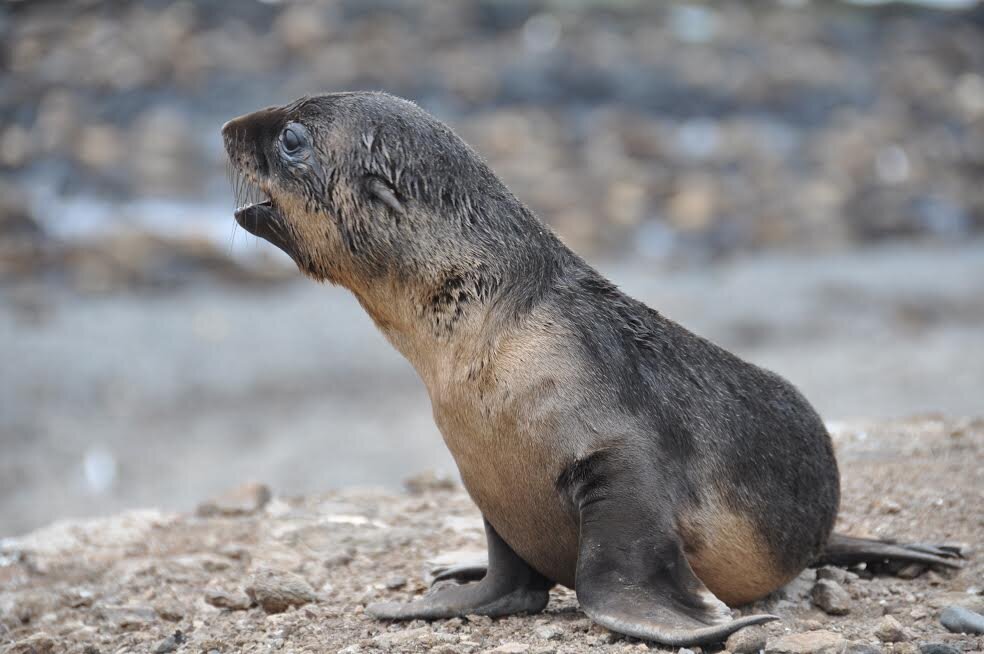
Fire Retardant Fur Seals: A Team Interview
Nothing has caught my eye in the same way that “Firefighting chemicals found in sea lion and fur seal pups” did on my monthly google search for blog topics. The real paper is called “Per and polyfluoroalkyl subtances (PFAS) at high concentrations in neonatal Australian pinnipeds”. Researchers from the University of Sydney analyzed levels of PFA’s found in three pinniped species: Australian Sea Lion (N. cinerea), Australian Fur Seal (A.p. doriferus), and Long-nosed Fur Seal (A. forsteri). PFA’s (identified as PFOA’s and PFOS’s through out the article) are fire retardant chemicals that can be found in products such as fire fighting foams, “stain repellents, polishes, paints and coatings”.
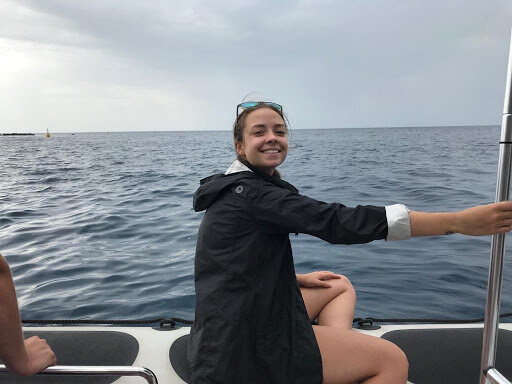
An interview with Marine Mammal Scientist, Emma Chereskin
Research has shown that dolphins exhibit a variety of social behaviours within their pods, although their communication systems have been studied extensively, there is still much to learn. Meet Emma Chereskin, marine mammal scientist completing her Masters degree at the University of Bristol who studies sociality and vocal communication in Indo-Pacific bottlenose dolphins.

Marine Palaeontology: An interview with Dr. Leanne Melbourne
Numerous environmental changes have been observed in our oceans in recent years due to the increase in anthropogenic CO2 in the atmosphere. This in turn leads to ocean acidification and warming waters, phenomena that cause detrimental effects to marine organisms and their survival. Calcifying organisms are particularly at risk to these changes as it significantly reduces their ability to calcify, a vital process in which they create their hard shells or skeletons. Meet Dr Leanne Melbourne, a Marine Palaeontology lecturer at the University of Bristol whose research focuses on how these environmental changes affect the structural integrity of marine calcifiers through time.

Using Education to Protect Great White Sharks: A Discussion with Marianne Long
The Atlantic White Shark Conservancy is a Cape Cod, Massachusetts based non-profit organization with the mission to support scientific research, improve public safety, and educate the community to inspire white shark conservation. Marianne Long is the Education Director at AWSC. She works with the Education team to create and deliver education programs that engage the public
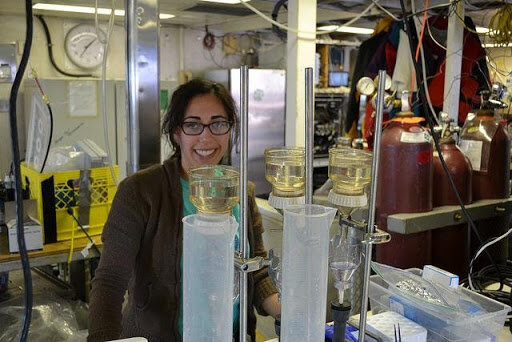
Publication Spotlight – Dinoflagellate metabolism across the central Pacific Ocean
Dinoflagellates are single-celled eukaryotes that are capable of photosynthesis, heterotrophy (eating), or both. They have a few several noteworthy characteristics: they can travel vertically in the water column using their flagella, they are capable of bioluminescence which can light up the ocean at night(!), and some coastal species produce toxins that can harm fish, birds and people.
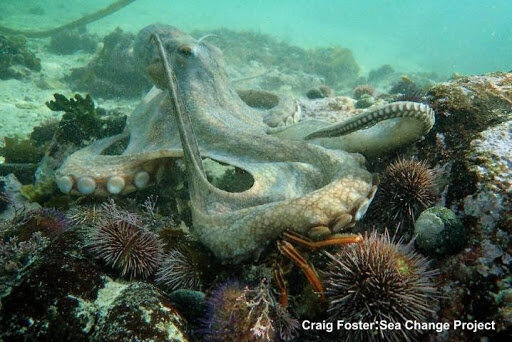
Cephalopod Welfare Ethics and Cognitive Research: Meet Dr Jennifer Mather
Cephalopods, a group of marine Molluscs that includes squid, octopus and cuttlefish are a mysterious and intelligent assortment of invertebrates. Although cephalopods do not come to mind as the ideal laboratory specimen, their distinctive behaviour and intelligence has made them indispensable to research. Meet Dr Jennifer Mather, a University Professor in Psychology from the University of Lethbridge, Canada whose fascination with intelligence in the oceans has led her on an incredible journey into cephalopod welfare, ethics and cognitive research.
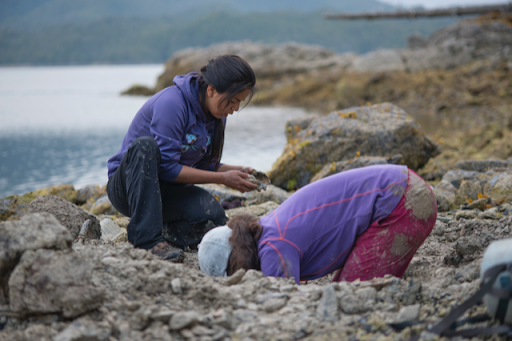
Magical Sea-Gardens and Rethinking Conservation: A conversation with Anne Salomon and Dana Lepofsky
At least 3500 years ago, along the Northwest Coast of North America, coastal First Nations developed a highly productive and sustainable mariculture technique known as clam gardens. We had a conversation with Anne Salomon and Dana Lepofsky, professors and researchers at the Simon Fraser University (Canada).
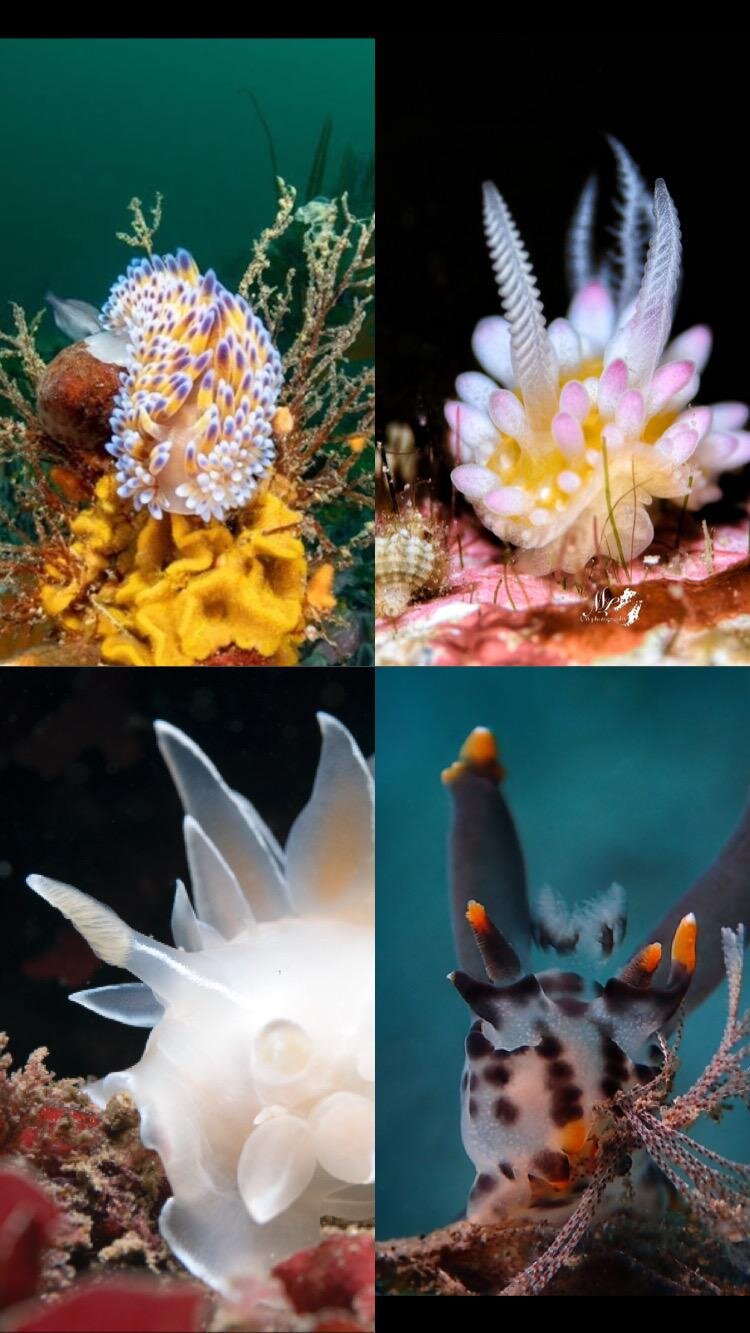
Nudibranch November
Nudibranchs are a tiny ocean wonder and if you’ve never heard of them, you’re in luck because it’s Nudibranch November! Nudibranchs are a very small, colourful and charismatic species found all over the world - you just need to know where to look to find them. The following four female underwater photographers are seasoned in the art of finding and photographing these special animals.
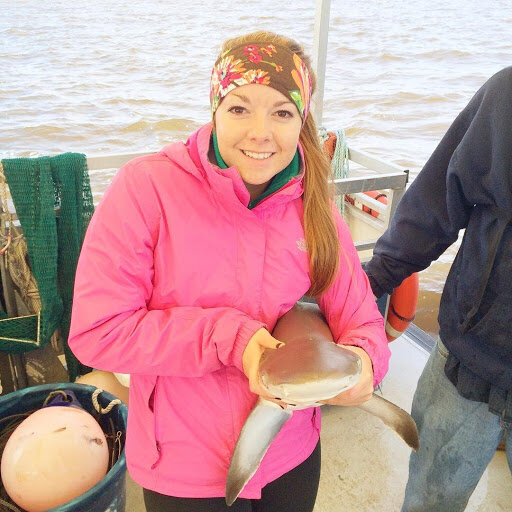
Porbeagles and Publications: An Interview with Brooke Anderson
Hello Women in Ocean Science! My name is Brooke Anderson and I am a marine biologist that studies sharks and other fish.
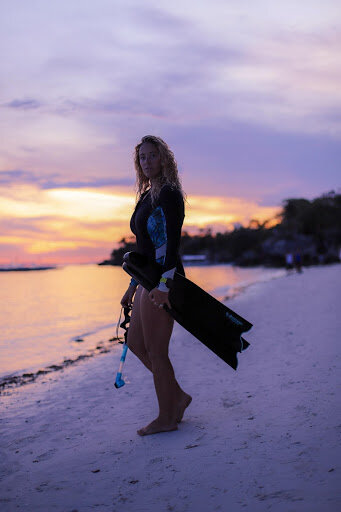
An interview with Shark Ecologist Catherine Cushenan
Catherine Cushenan, also know as Cat Sharks, has spent the past six years travelling the tropics, studying shark behaviour - with a little bit of tourism action and videography on the side. She is a shark ecologist, drone pilot and freediver from the U.K. whom has dedicated her life to saving the ocean and its inhabitants. Read below to find out about her enviable relationship with sharks.
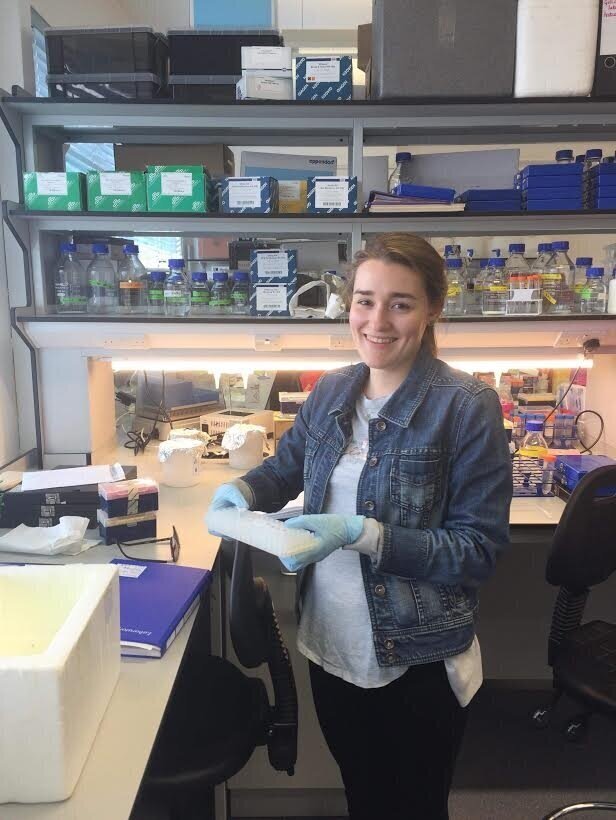
Little Skate, Big Impact
Skates, together with sharks and rays, are the only extant vertebrates that possess a cartilaginous skeleton. Although it hasn’t been explicitly tested in other species of skates (and there are about 150 species described!), we have a good understanding that they all share the same genetic machinery necessary for formation of cartilaginous skeleton.

Marine Molecular Biology: An Interview With Yasmin Meeda
Marine biology is using the powerful methods of molecular biology to answer a variety of evolutionary and ecological questions. Meet Yasmin is a Marine Molecular Biologist studying at the University of Plymouth and the Treasurer for the Royal Society of Biology. Here is an insight to what life is like as a molecular biologist!
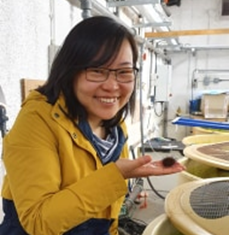
Searchin’ the Urchins – Ecotoxicology with Fengjia Liu
Fengjia Liu is a first-year PhD student with the University of Highlands and Islands and based at the Scottish Association for Marine Sciences (Scotland, UK). Her research focuses on ecotoxicology of sea urchins. https://www.sams.ac.uk/people/research-students/fengjia-liu/
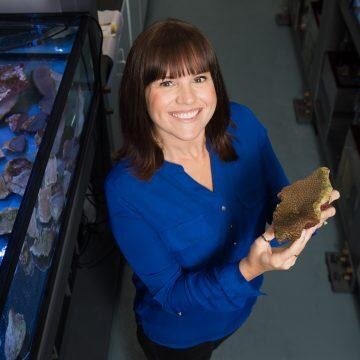
From Junkyard to Coral Research: An interview with Assistant Professor Dr. Sarah Davies
Dr. Sarah Davies, an assistant professor at Boston University utilises molecular techniques to understand how reef-building corals adapt and respond to climate change. Her lab, ‘The Davies Marine Population Genomics Lab’, seeks to understand precisely how and why these responses occur. To date, Dr. Davies has over 30 publications and is an inspiring woman in her field. Continue below as she reveals her journey from junkyard to assistant professor.

One With the Cetaceans: An Interview with Marine Biologist, Lisa Steiner
Lisa Steiner is the marine biologist for Whale Watch Azores, and has been since 1988! WOS Editor, Dana Tricarico dives into what brought Steiner to this archipelago, and what she has learned in the field of marine mammal science along the way.

Cetacean Biology and Motherhood: An Interview with Rita Ferreira
In a region known as Macaronesia, located in an archipelago in the North Atlantic Ocean, lies an Island named Madeira. Geographically positioned in the African Tectonic Plate, the waters are frequently inhabited by up to 29 species of cetaceans, equating to roughly 33 % of globally known species. The preservation of this diversity is therefore imperative, considering fatalities of marine mammals elsewhere.
